Fidel, a Man of the Present and Future
especiales
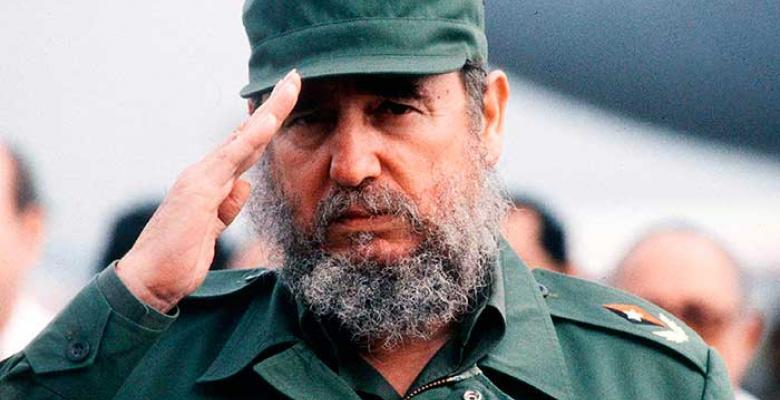
When Fidel Castro entered Havana amid the joy of the popular masses on January 8, 1959, neither the representatives of Yankee imperialism nor the Cuban national bourgeoisie had the slightest idea of the fate the revolution would bring to their hegemony. They thought it would be easy to lead Fidel and his bearded men along the same path that they had previously dissolved the revolutionary hopes of Cuba and Latin America. A few years earlier, they had overlooked his historic defense of Moncada Garrison, his revolutionary and visionary statements, which provided the bases of a broad and deep social program, which he later put into practice.
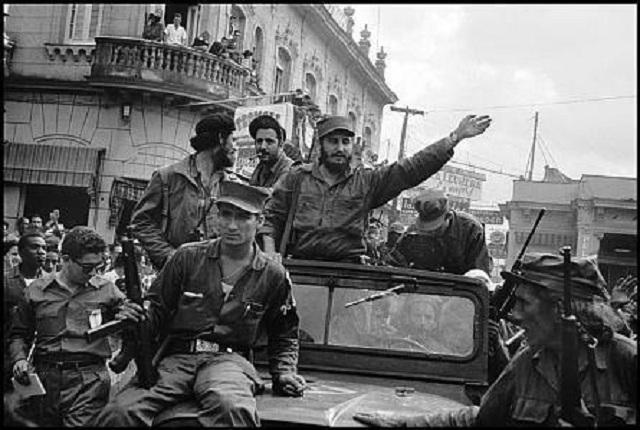
The son of landowners and a disciple of the Jesuits, Fidel was imbued since childhood with a sense of humanity, justice and independence that put him in the most advanced positions and forged in him what he called "the calling of revolutionaries", which would take him to lead a movement that would defeat the tyranny of Fulgencio Batista and accompany him on the paths of building socialism.
Not even his most bitter enemies can ignore his historical and universal dimension, his dedication to matters crucial to the survival and development of humanity, such as social inclusion, solidarity among peoples, access to education, health, sports, and culture, the effects of climate change, a new international order, the struggles of underdeveloped countries against neoliberalism, among others.
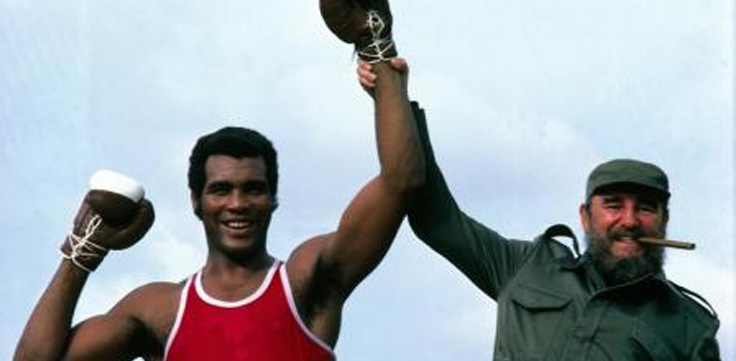
As the prominent Cuban intellectual, Iroel Sánchez, said, “information, knowledge, science and technology are, in his vision of the world, a liberating tool, just as they are in the hands of capitalism, instruments to create, through advertising and media manipulation, what he describes as conditioned reflexes.”
In this way, in 1961 he started the literacy campaign and in the mid-1960s he promoted the training of personnel in the field of computing in Higher Education and later in the other subsystems of Cuban education, following lines that coincided with the best international practices of the time.
Milestones in his vision of the future are the design, development and construction of the first Cuban digital computer, called CID 201, which was put into operation in less than a year in April 1970; the foundation of the Youth Computer and Electronics Club program on September 8, 1987, where in a meeting with the National Bureau of the Young Communist League that day he commented that “a society that does not prepare itself for the use of computing is doomed”; the creation of the Family Doctor program and the mass practice of sports from the base to high performance.
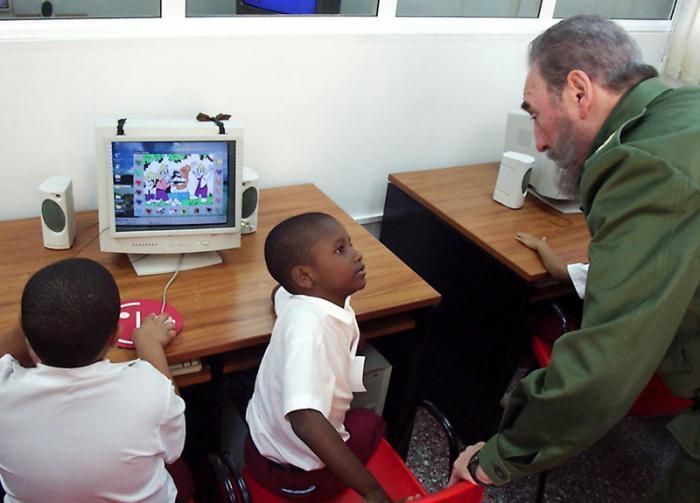
In the critical moments of the economic debacle, the historic leader of the Revolution supported and promoted the creation of the Scientific Pole of Western Havana, the computer networks of Health (Infomed) and the universities (Reduniv) and the constitution of the Cuban Telecommunications Company (Etecsa). His energy and optimism were present in the multiple programs of the Battle of Ideas, which allowed to increase the access to Internet of journalists, health personnel, science, universities; in the founding of the University of Computer Sciences (UCI), the Television Rooms in remote places of the Cuban geography and the programs of Art Instructors and Social Workers.
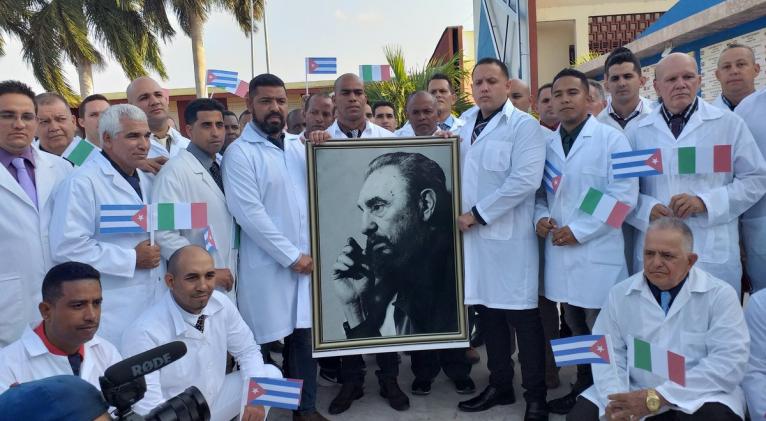
Cuba sent doctors, teachers and builders to hundreds of countries, light to millions of people in the world through Operation Miracle, donated blood for the wounded in earthquakes and on the battlefields of Latin America and Africa, awarded technical and university scholarships for students from Asia, Africa and Latin America, offered solidarity with just causes and suns of hope to the people. This practice was conceived by Fidel Castro.
Fidel is a man of the present and future, today his 98th birthday is news throughout the world. Politicians and people will have to turn to him to face the great challenges of today and in the future. This is how the Cuban historian and editor, Pedro Álvarez Tabío described him:
“Fidel is a perennial creator of innovative, fruitful and noble ideas that have given and still gives inexhaustible relevance and vitality to the Cuban Revolution, and a reason for being for all men and women in this turbulent and unfair world who are convinced that a better world is possible and who fight every day to make it a reality.”













Add new comment